|
Federico Fellini (1920–1993) was one of the most influential
and celebrated filmmakers in the history of cinema, renowned for his
distinctive style, creativity, and imagination. Born in
Rimini, Italy, Fellini
became a pioneer of Italian cinema and is considered one of the greatest
filmmakers of all time. His works often blend fantasy and reality,
creating dreamlike, surreal narratives that explore themes such as
memory, desire, identity, and the human condition.
Key Aspects of Federico Fellini’s
Life and Career:
1.
Early Life and Beginnings:
- Fellini was born on
January 20, 1920,
in Rimini, a
coastal town in Italy. His early experiences growing up there would
later influence many of his films.
- He began his career as a
cartoonist and
later worked as a scriptwriter and assistant director in
Rome. His first
major break came when he worked on the screenplay for
Rome, Open City
(1945), a landmark film of the Italian
Neorealism movement
directed by Roberto
Rossellini.
- Fellini’s early films were
shaped by Italy’s post-war realities, but he soon developed a unique
cinematic voice that departed from the Neorealist style.
2.
Fellini’s Distinctive Style:
- Fellini's films are famous for
their imaginative
storytelling, often merging the fantastic with the real.
His works are deeply personal, filled with
dream sequences,
symbolism, and a
sense of nostalgia.
-
Surrealism and
expressionism
heavily influenced his films, and he often explored the lives of
ordinary people, particularly focusing on
psychological and
emotional struggles.
- His films are known for their
large, eccentric casts,
colorful visuals,
complex characters,
and unique cinematographic style.
3.
Famous Films:
Federico Fellini directed many
legendary films that have left a lasting impact on the film industry:
-
La Strada (1954):
- This film won the
Academy Award for Best
Foreign Language Film and tells the story of
Gelsomina, a
naive young woman sold to a brutish performer. The film explores
themes of human isolation, the search for meaning, and the
fragility of life.
-
8½ (1963):
- One of Fellini’s most
famous and critically acclaimed films,
8½ is a
semi-autobiographical tale about a director (played by
Marcello Mastroianni)
struggling with his creative block and personal issues. The film
is a blend of fantasy and reality, and its innovative narrative
structure is often regarded as one of the greatest cinematic
achievements. It won the
Oscar for Best Foreign
Language Film.
-
La Dolce Vita (1960):
- Perhaps Fellini’s most
iconic film, La Dolce
Vita is a social commentary on the decadence and
emptiness of modern life. Set in the glamorous world of Rome’s
elite, the film follows a tabloid journalist named
Marcello
(played by Marcello
Mastroianni) as he navigates his troubled existence.
The film is famous for its striking imagery, particularly the
iconic scene with
Anita Ekberg in the Trevi Fountain.
-
Fellini Satyricon (1969):
- This film is an
experimental, surreal adaptation of
Petronius’ ancient
Roman novel. It is filled with strange imagery and
explores themes of decadence, sexuality, and societal breakdown,
typical of Fellini’s style.
-
Amarcord (1973):
- A nostalgic,
semi-autobiographical look at Fellini’s childhood in
Rimini,
Amarcord is
filled with colorful characters and whimsical memories. The film
won the Academy Award
for Best Foreign Language Film and is one of his most
loved works.
-
Roma (1972):
-
Roma is a
film that blends documentary-style realism with fantasy. It
explores the history, culture, and daily life of
Rome,
showcasing the city's contradictions and eccentricities.
-
Nights of Cabiria (1957):
- Another of Fellini’s
masterpieces, Nights
of Cabiria stars
Giulietta Masina
(Fellini’s wife) as a lovable, tragic prostitute in Rome. The
film explores themes of hope, human dignity, and despair.
4.
Fellini’s Personal Life:
-
Giulietta Masina,
Fellini’s wife, was a frequent collaborator and muse in many of his
films, including La Strada
and Nights of Cabiria.
She became one of Italy’s beloved actresses, and their partnership
was central to Fellini's creative vision.
- Fellini was known for his
eccentric personality
and his love for the
theatricality of life. He was deeply influenced by his
childhood in Rimini and the Italian traditions, which often played a
role in his films' exploration of
memory and the past.
5.
Fellini's Influence on Cinema:
-
Fellini's impact
on global cinema cannot be overstated. He is often credited with
pushing the boundaries of storytelling in film, blending the
real and unreal
in ways that had never been done before. His
cinematic language,
filled with vivid imagery
and complex symbolism,
has inspired countless filmmakers, including
Martin Scorsese,
Quentin Tarantino,
and Terry Gilliam.
- His work led to the rise of
the "Felliniesque"
term, used to describe a style or sensibility that is fantastical,
dreamlike, and larger-than-life. Many directors have cited Fellini
as a major influence on their careers, as he revolutionized how
films could be constructed and perceived.
6.
Awards and Legacy:
- Fellini received numerous
awards throughout his career, including
five Academy Awards,
including an Honorary
Award for Lifetime Achievement in 1993, just a year before
his death.
- In addition to his
Academy Awards,
Fellini also received accolades at major film festivals, such as
Cannes, where his
work was consistently recognized and celebrated.
- His legacy continues to live
on in the Fellini Museum
in Rimini, which
was established to preserve his life and work.
7.
Fellini’s Later Years and
Death:
- In his later years, Fellini's
work became more introspective and personal. His final films, like
Ginger and Fred (1986)
and Intervista (1987),
were somewhat self-reflective, dealing with the realities of aging
and the passage of time.
-
Federico Fellini
passed away on October 31,
1993, at the age of 73. Despite his death, his influence on
cinema continues to be profound, and his films are studied and
appreciated by new generations of film enthusiasts and filmmakers
alike.
Signature Themes in Fellini’s
Films:
-
Dreams and Fantasy:
Fellini’s films often blur the lines between fantasy and reality,
with dreamlike sequences that delve into the subconscious.
-
Humanity and its Flaws:
He often explored the inner turmoil, desires, and flaws of his
characters, reflecting his own concerns about human nature.
-
Memory and Nostalgia:
Many of his works feature nostalgic recollections of childhood and a
longing for a more innocent past.
-
The Surreal and the
Eccentric: His films are filled with odd, exaggerated
characters and bizarre situations, creating a world that is both
familiar and completely surreal.
Conclusion:
Federico Fellini remains a towering figure in the world of cinema, known
for his visionary storytelling and deeply personal exploration of the
human experience. His films continue to inspire filmmakers, critics, and
audiences around the world, and his legacy as a master of cinema is
secure. His ability to combine the fantastical with the real, and to
explore the complexities of human nature through visually stunning and
emotionally resonant narratives, has cemented his place as one of the
greatest filmmakers in history.
|
|
 Safaris
Bergsteigen
Wandern
Inselwandern Weltweit
Safaris
Bergsteigen
Wandern
Inselwandern Weltweit
 Europa
Inselwandern
Europa
Inselwandern
 Städtewandern
Städtewandern
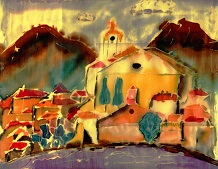 Paintings
Paintings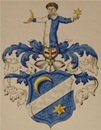 Dirk Rauschenbach
Dirk Rauschenbach
 Safaris
Bergsteigen
Wandern
Inselwandern Weltweit
Safaris
Bergsteigen
Wandern
Inselwandern Weltweit
 Europa
Inselwandern
Europa
Inselwandern
 Städtewandern
Städtewandern
 Paintings
Paintings Dirk Rauschenbach
Dirk Rauschenbach

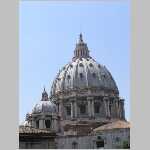
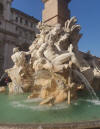



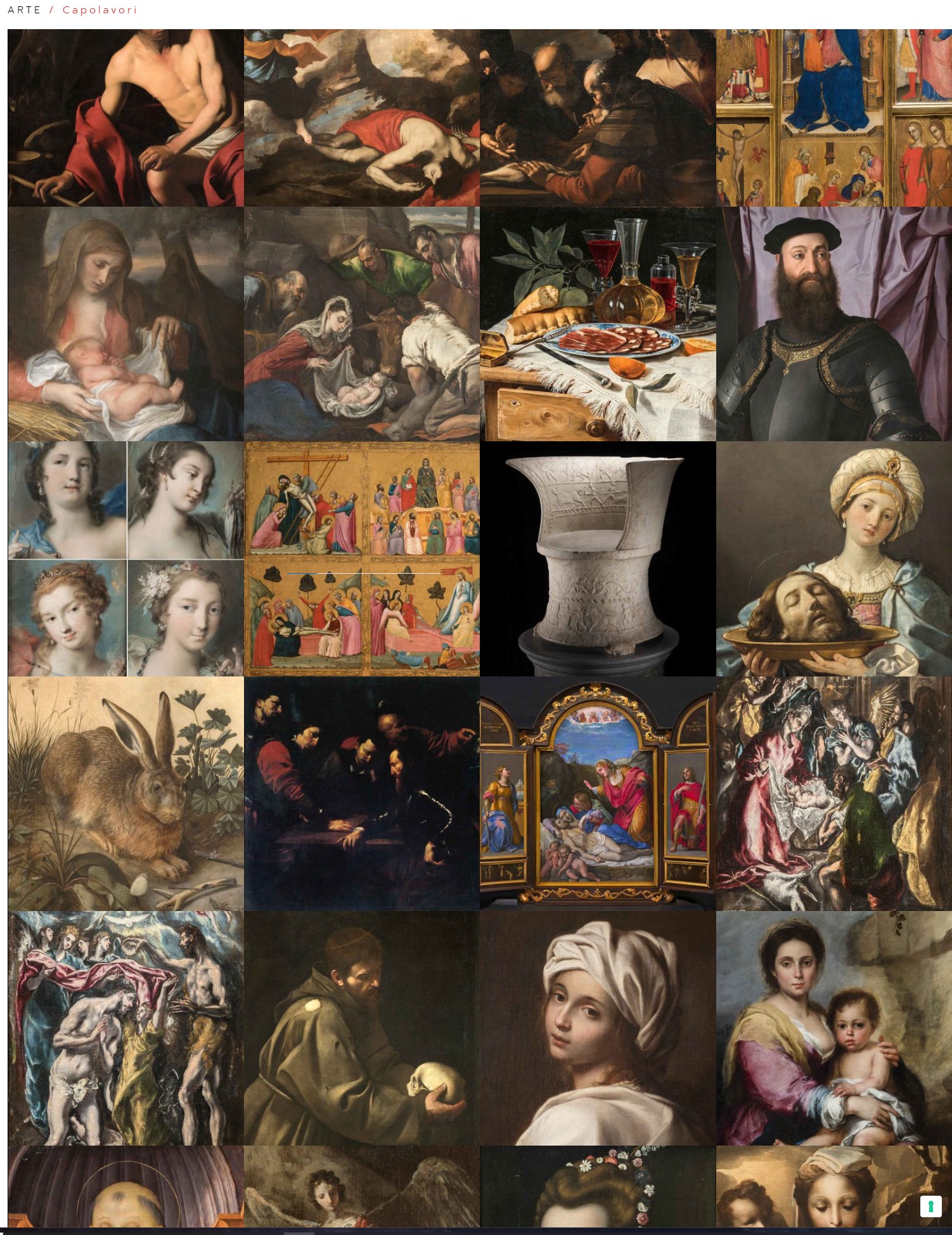
![]() 26.07.25 Copyright Dirk
Rauschenbach Koelnerstrasse 293 51702 Bergneustadt
Datenschutzerklaerung 02261 9788972 Mail ccooly(
at) web.de
26.07.25 Copyright Dirk
Rauschenbach Koelnerstrasse 293 51702 Bergneustadt
Datenschutzerklaerung 02261 9788972 Mail ccooly(
at) web.de